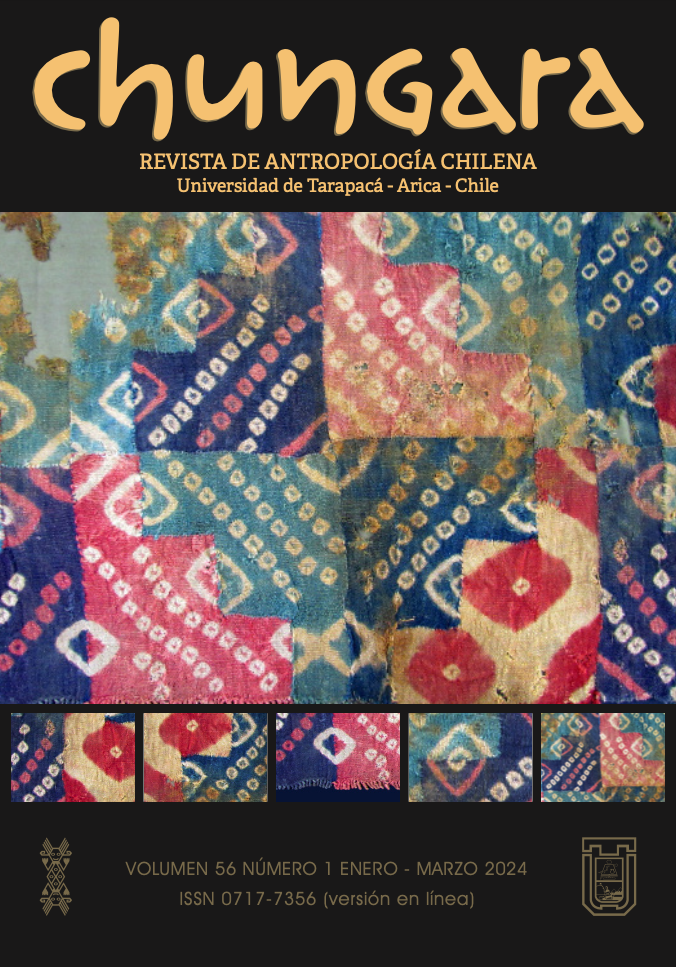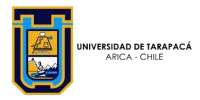20185001(en)/05-Collateral Effects of the Formative Transition: The New Culinary of the Marine Hunter-Gatherers in the Atacama Desert
COLLATERAL EFFECTS OF THE FORMATIVE TRANSITION: THE NEW CULINARY OF THE MARINE HUNTER-GATHERERS IN THE ATACAMA DESERT
EFECTOS COLATERALES DE LA TRANSICIÓN AL FORMATIVO: UNA NUEVA CULINARIA ENTRE LOS CAZADORES-RECOLECTORES MARINOS DEL DESIERTO DE ATACAMA
Itaci Correa, Carolina Carrasco, Benjamín Ballester and Francisco Gallardo
In the Antofagasta region, the Formative Period is defined by important socio-economic transformations related to the gradual abandonment of the hunter-gatherer way of life. Even though marine hunting and gathering continued to play a fundamental role for the arid coast inhabitants, they still experienced significant cultural changes, such as the incorporation of a foreign cooking technology. The analysis of a sample of vessels offered in coastal tumuli cemeteries (2.500-1.200 cal BP) allows us to postulate that the adoption of ceramic in the coast was related to a new culinary of cultivate vegetables, which were integrated as a supplement to the traditional marine meat diet. The incorporation of these new recipes can be seen as a collateral effect of the “formative” process lived by the inhabitants of valleys and oases from the interior desert, within a shared sociocultural construction process between people living in the coast and in the interior.
Tags: Ceramic adoption, adhered residues, cultivated vegetables, intercultural relations







